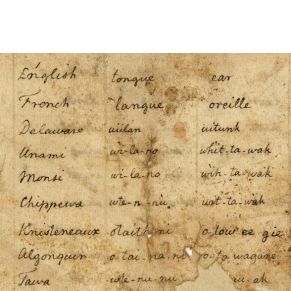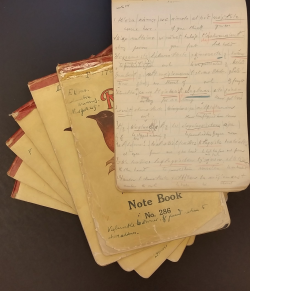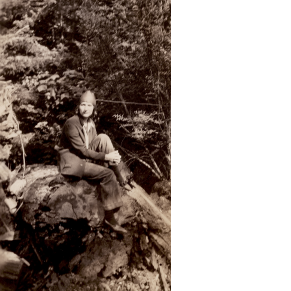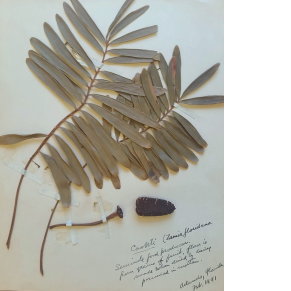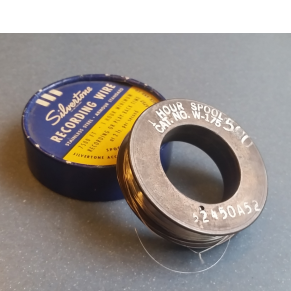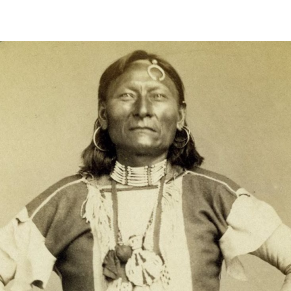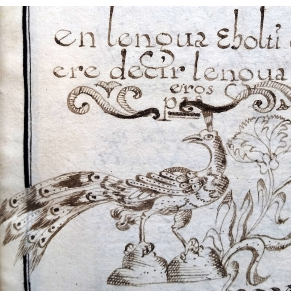The Mary R. Haas Papers contain rich, extensive documentation of more than 90 different indigenous languages of the Americas, more languages than are found in the papers of any other person in the APS Library. Over a lengthy career, Mary R. Haas (1910–1996) became a leading figure in documentary, historical, and comparative linguistics, developing a reputation for precision and rigor. A student of Edward Sapir, her first fieldwork was with Ditidaht speakers in Vancouver Island in 1931, followed in the mid- to late-1930s by fieldwork in Oklahoma and the Southeast. During these years she recorded several thousand pages of stories, songs, and grammatical material in a dozen Native languages, including Creek, Natchez, and Tunica, often working with people now considered to be the last fluent speakers of some of these languages. Her notebooks are now being used by Native communities and linguists to build and strengthen new generations of speakers.
After World War II, Haas began teaching at the University of California, Berkeley and served as the first director (1953–1975) of the Survey of California and Other Indian Languages. Over these decades, in her student Karl Teeter’s words, "she trained more Americanist linguists than did [Franz] Boas and [Edward] Sapir put together.”

